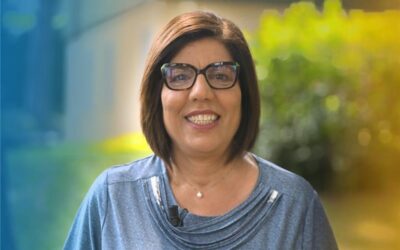On the outskirts of Bamenda, a small town situated in western Cameroon, almost at the border with Nigeria, there are many villages without any doctor. There are however health centers: small structures with about 50 beds, run by religious order priests or nuns and members of lay associations and coordinated by one or more dioceses. The desire to do something more for AIDS patients, and thus break through the isolation created by prejudice and mistaken beliefs, lies at the root of the “Social Welfare Club of Akum and Bali” experience. In the few months following its opening, 25 HIV-positive persons offered to collaborate with the visiting physician by welcoming other people in their same situation. Together with the women religious and lay people who run the Center, they then founded two clubs where the patients could meet weekly. These regular meetings are at the heart of this project: occasions where members can share their experiences of life, reflect, and – for those who are able to – work together. At Akum, the meetings take place every Thursday. They start at 8:30 a.m. with breakfast together where, when available, nourishing food is offered. For example, for four months now, there is a supply of fresh milk (a rarity in those parts), and wholemeal bread. The patients interconnect in a very simple way, with moments for spiritual reflection (the groups include Muslims and Christians, Catholics and Presbyterians), as well as moral and psychological support through the sharing of experiences, hopes and needs pertinent to their respective life situations. A part of the time is also dedicated to small handicraft activities or gardening – modest jobs, but which are very important because they allow the people to feel part of the society around them, to earn a living, and to get nourishment and medicine. In the small clinic at Akum, 296 cases of AIDS were diagnosed in one year. Recent decreases in the cost of medical care have encouraged many people to undergo check-ups. With early diagnosis there is greater hope for a more effective treatment plan.
Forgive unkindnesses received
Forgive unkindnesses received




0 Comments